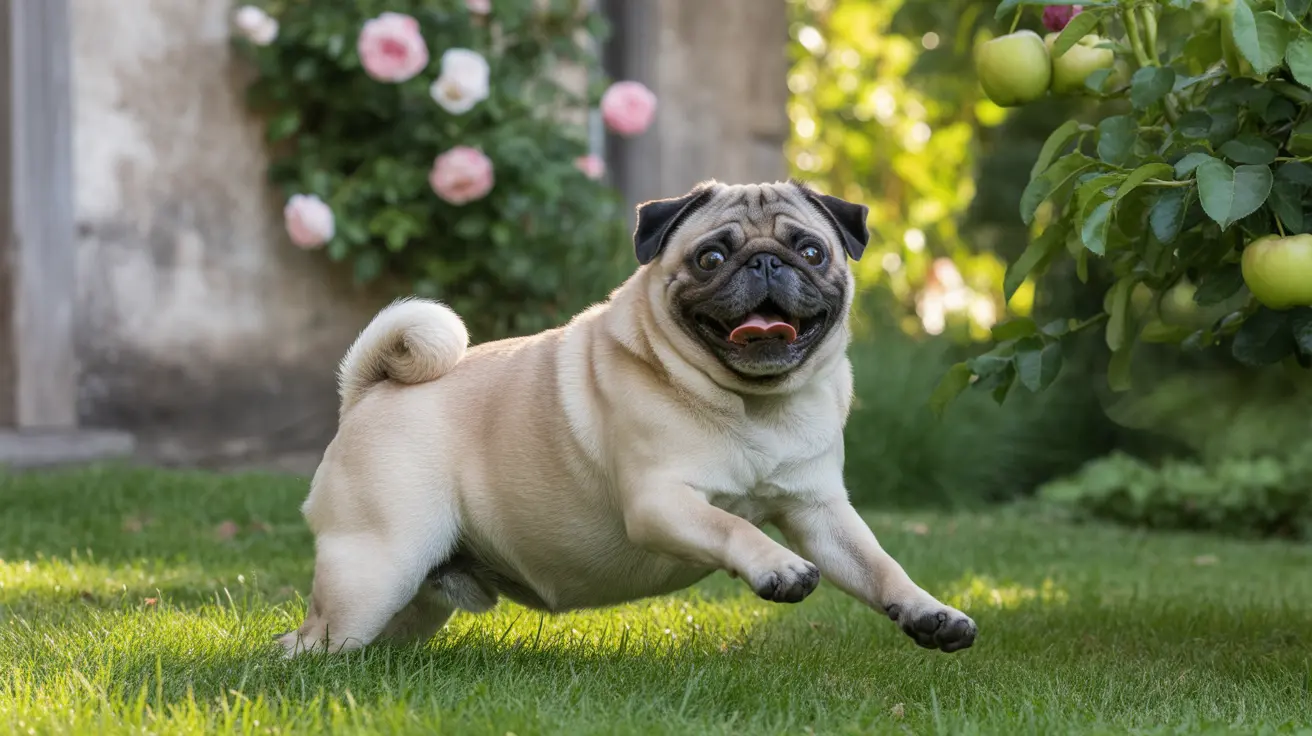If you've noticed your dog constantly licking the floor, you're not alone. This behavior, while common among dogs, can range from normal exploratory behavior to a sign of underlying health issues. Understanding why your dog is exhibiting this behavior is crucial for ensuring their wellbeing and determining if veterinary intervention is needed.
Normal Reasons for Floor Licking Behavior
Dogs explore their world primarily through their nose and mouth, making floor licking a natural investigative behavior. When your dog licks the kitchen floor, they might be:
- Investigating food particles or interesting scents
- Cleaning up after meals or water spills
- Exploring new environments or changes in their surroundings
- Seeking salt or mineral residues from cleaning products
Medical Concerns Behind Excessive Floor Licking
When floor licking becomes frequent or obsessive, it could indicate various health issues that require attention. Some common medical causes include:
Gastrointestinal Issues
Dogs may lick floors excessively when experiencing digestive problems such as:
- Acid reflux or nausea
- Inflammatory bowel disease
- Pancreatitis
- Delayed gastric emptying
Dental Problems
Oral discomfort can lead to unusual licking behaviors. Watch for signs of:
- Tooth decay or cavities
- Gum disease
- Oral infections
- Broken or damaged teeth
Behavioral and Psychological Factors
Sometimes, floor licking is related to psychological or behavioral issues rather than physical health problems. Common causes include:
Anxiety and Stress
Dogs may develop compulsive licking behaviors due to:
- Separation anxiety
- Changes in routine or environment
- New pets or family members
- Loud noises or other stressors
Boredom and Attention-Seeking
Insufficient mental or physical stimulation can lead to:
- Repetitive behaviors like floor licking
- Increased attention-seeking actions
- Other obsessive-compulsive behaviors
When to Seek Veterinary Care
Consider consulting a veterinarian if you notice:
- Sudden onset or increase in floor licking
- Accompanying symptoms like vomiting or diarrhea
- Signs of physical discomfort or distress
- Changes in eating or drinking habits
- Lethargy or unusual behavior changes
Frequently Asked Questions
Why is my dog licking the kitchen floor frequently even when there is no food spill?
When dogs lick clean floors, it could indicate an underlying medical condition, anxiety, or a nutritional deficiency. If this behavior is frequent and there's no obvious cause, consult with your veterinarian to rule out health issues.
Could my dog's floor licking be a sign of an underlying medical issue like dental pain or gastrointestinal problems?
Yes, excessive floor licking can be a sign of various medical issues, including dental pain, gastrointestinal disorders, or neurological problems. A thorough veterinary examination can help identify the root cause.
How can I tell if my dog's floor licking is due to anxiety, boredom, or behavioral causes?
Look for patterns in when the behavior occurs, such as during thunderstorms, when left alone, or during periods of low activity. If the licking increases during stressful situations or when your dog lacks stimulation, it may be behavioral.
What are the warning signs that my dog's floor licking behavior needs a veterinary checkup?
Seek veterinary care if the licking is excessive, obsessive, or accompanied by other symptoms like changes in appetite, vomiting, diarrhea, or visible discomfort.
How can I stop my dog from obsessively licking the floor and help them feel better?
Address the underlying cause by visiting a veterinarian, providing mental enrichment, maintaining a consistent routine, and considering anxiety-reducing techniques if stress is the trigger. Never punish the behavior, as this can increase anxiety.






